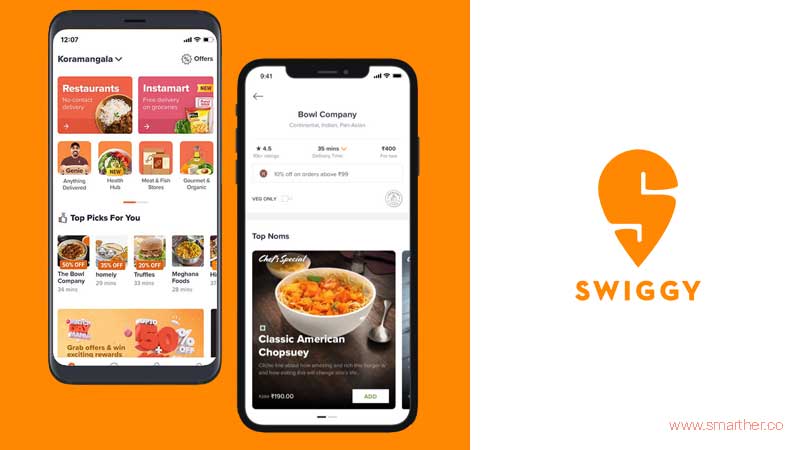In commerce, a single factor can often drive consumer choice. For grocery instant delivery services, eco-friendly practices are becoming that determinant. A future where eco-friendliness is standard across all services isn’t far off, as companies have been recognizing both market demand and their environmental responsibility.

Amidst this, an obvious question emerges: what eco-friendly practices can a quick grocery delivery app integrate into its workflow? Usually, after hearing this, the most obvious imagery that comes to mind is paper bags. Here are a few more ideas that go beyond that:
Sustainable packaging:
The norm of carrying groceries in plastic bags will soon perish completely, considering the growing awareness around the implications of plastic waste. A groceries delivery app that still primarily relies on packaging orders in plastic bags should reconsider their choice. Eco-friendly options like biodegradable, compostable, or recyclable packaging materials can be used instead.
Supporting local producers:
Eco-friendly practices go well beyond just removing environmentally harmful products. Some sustainable practices can be implemented by making small adjustments. For a quick grocery delivery app, this could mean increasing partnerships with local producers or farmers. This partnership won’t just cut logistics costs but also cut emissions due to long-distance transportation.
Carbon-neutral deliveries:
Petroleum-based vehicles are a major source of emissions. Given grocery services’ increased reliance on delivery vehicles, it’s reasonable to assume that addressing this issue is crucial for reducing the industry’s overall carbon footprint. Luckily, a few apps, like the Grofers grocery delivery app, have already started working in this direction by investing in electric or hybrid vehicles or offsetting their carbon footprint through other environmental projects. All grocery delivery services should proactively adopt this approach.
Digital receipts:
Paper, while seemingly insignificant, contributes to deforestation on a large scale. In a time when digital receipts rule the commerce sector, it’s obvious to feel a bit unusual after knowing that a few grocery delivery apps still rely on paper receipts for every purchase made on their platforms. Typically, the receipts are sent along with the delivery package. Apps that provide grocery delivery in 10 minutes can practice environmental responsibility by providing paper receipts only at the buyer’s request, while a digital copy shall always be available.
Ethical sourcing:
Ensuring that products come from suppliers who practice sustainability and ethics not only shows that grocery apps are committed to sustainability but also supports these responsible suppliers. Whether it’s delivering grocery in 10 minutes or handling bulk orders, committing to sustainability at every stage demonstrates a sense of responsibility toward the community, which can also boost reputation.
To conclude,
Grocery delivery apps can adopt many sustainability practices. With increasing awareness about environmental responsibility among people, it’s no wonder why sustainability services are set to be the market leader in the coming years. Demonstrating environmental responsibility not only ensures goodwill for the community but also has a residual effect on strengthening reputation. This change can lead to greater trust in the brand and ensure continued success in an increasingly eco-conscious society.